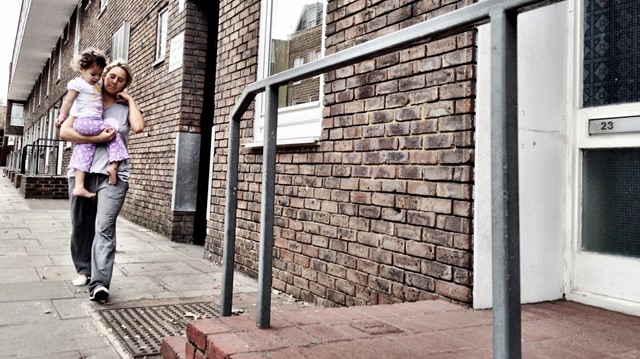
I recently heard sociologist Robert Putnam speak at a Georgetown University event that gathered people of faith and no faith to discuss the common good. In his speech, he complained about America’s “radically shriveled sense of we.” The author of “Bowling Alone,” the famous 1995 essay on the decline of social capital—our connection to each other through activities and institutions—Putnam converted to Judaism in part because of its strong sense of community.
There was a time, Putnam argued, when churches and schools threw together youth of differing social class in ways that connected and motivated them, and helped poor youth escape poverty. This is not mere nostalgia. Putnam has surveyed decades of data to show how communities have become more segregated, and how the children of parents without a college education are now deprived of the things that create equal opportunity.
There was a time, Putnam argued, when churches and schools threw together youth of differing social class in ways that connected and motivated them, and helped poor youth escape poverty.
Kids from working-class homes used to be “our kids,” he said. Now they are other people’s kids, and we expect other people to solve their problems. But young people are our future. Their problems are ours.
Putnam was talking about inequality, which, he said, causes problems that need both conservative and liberal solutions. Liberals, he said, must learn to appreciate the conservative stress on family structures and the potential of faith communities. Solutions “have to involve churches,” he said in a 2012 speech.
Further, he said, “I happen to think that hugs and time are more important than money.” But, he went on, “money is important, too,” and that means conservatives are going to have to recognize the need for government action in everything from tax structure to education reform.
College-educated parents spend far more “developmental time” with their children (what Putnam calls “Goodnight Moon time”) than those parents who have a high-school education or less—with very positive outcomes. But it should be obvious why educated parents can spend more developmental time than those who hold down multiple low-income jobs with few benefits. Red solutions and blue solutions are both required.
One Christian leader is eager to talk about inequality: Pope Francis. His tweet this spring, “Inequality is the root of social evil,” caused some controversy. It was paraphrased from his Apostolic Exhortation The Joy of the Gospel, which reads, “Inequality is the root of social ills.”
In the subsection “The Economy and the Distribution of Income,” Francis said inequality is a symptom of a growing tendency for the haves to ignore the have-nots. He did not offer specific policy solutions. Unlike French economist and media darling Thomas Piketty, he did not call governments to create a global wealth tax.
Instead, Francis wants to recover God’s purpose for economic life and business activity. “Casual indifference” to the poor “empties our lives and our words of all meaning,” he said. “Business is . . . a noble vocation, provided that those engaged in it see themselves challenged by a greater meaning in life; this will enable them truly to serve the common good by striving to increase the goods of this world and to make them more accessible to all.”